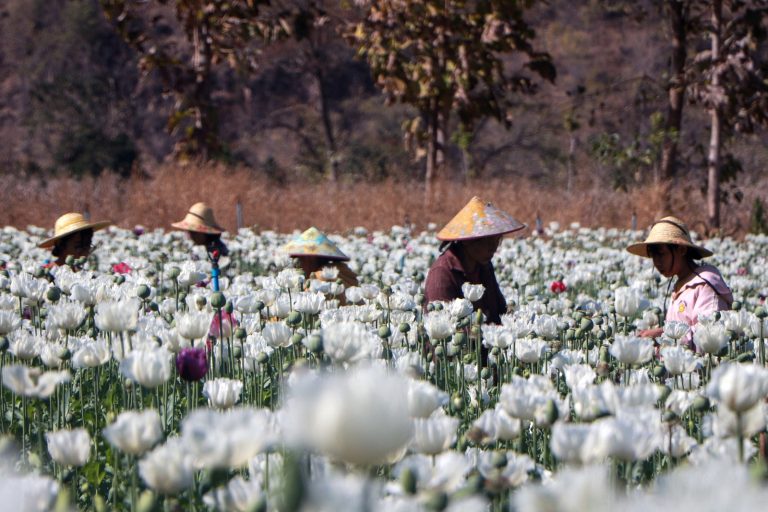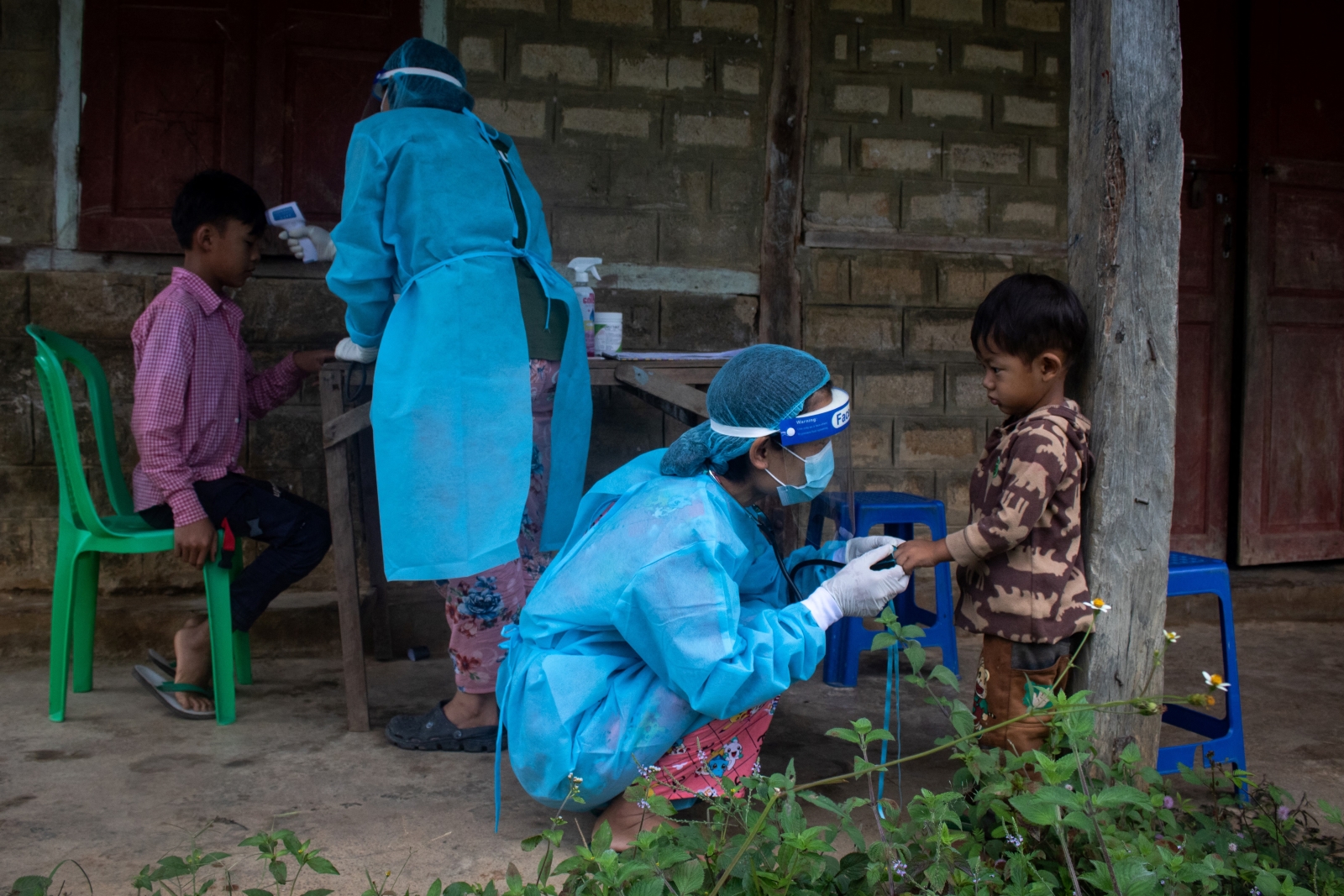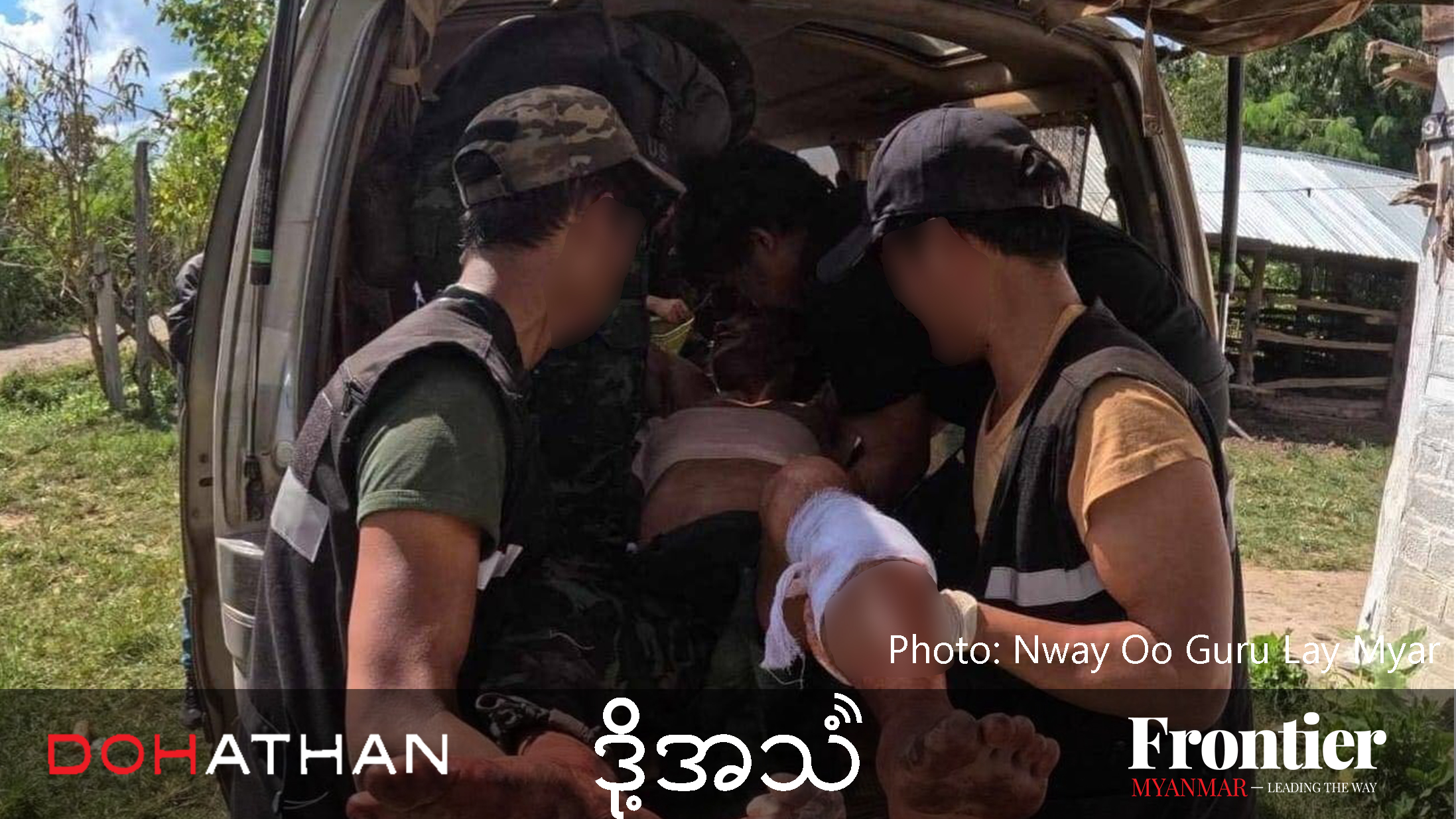On September 18, the Fact-Finding Mission on Myanmar appointed by the UN Human Rights Council in March 2017 released a meticulous and damning report.
THE 444-PAGE document included a litany of alleged human rights violations and abuses committed in Kachin, Rakhine and Shan states since 2011, which the FFM said amounted to the gravest crimes under international law. The three-member panel called for Myanmar’s military leaders to be investigated for genocide.
Among other things, the report is the most comprehensive and explicit appeal yet to Myanmar’s civilian government to immediately address the devastating impact of military impunity. For a government that was elected on promises to end human rights violations and to bring the Tatmadaw under civilian control, it might have been a wake-up call.
Instead, Myanmar’s ambassador to the UN in Geneva, U Kyaw Moe Tun, rejected the document as “one-sided” and said it undermined the government’s efforts to bring peace, national reconciliation and development to the entire nation. Instead of engaging seriously with the report and making a commitment to solve the formidable challenges that it describes, Myanmar’s civilian leaders are covering their ears, in the hope that these challenges will disappear.
Kyaw Moe Tun’s claim that the report is one-sided is a disturbing indication of how unwilling the government has become to examine the very issues in which it claims to be invested. It might not take the report seriously, but other countries will; the findings are already shaping policy in Canada and the United Kingdom, and are likely to trigger further targeted sanctions on Myanmar in the coming months.
The government may feel that it can survive all this by leaning on powerful allies including China, which has signaled throughout the Rohingya crisis that it will protect Myanmar at the UN Security Council, and elsewhere.
Support more independent journalism like this. Sign up to be a Frontier member.
This is not pure altruism: Myanmar is a critical element of China’s One Belt, One Road initiative. Beijing knows that in return for its support, Myanmar will have little choice but to support its grand plans, such as a deep sea port at Kyaukphyu where the gas and oil pipelines that already give China strategic access to the Indian Ocean have been operating since 2013 and 2014, respectively. On September 9, the two countries signed a memorandum of understanding for the China-Myanmar Economic Corridor, locking Myanmar politically into a deal.
China is offering financing for major infrastructure projects, which may kick-start the stumbling economy. It is offering to help solve the intractable domestic conflicts that continue to play out along the shared border. And it has presented its own “three-phase solution” to the Rohingya crisis, which provides an alternative to the international community’s rigorous demands.
But while China can provide sanctuary, it cannot solve Myanmar’s problems. Foreign direct investment into economic zones, new roads and railways may boost the economy, but needs to be accompanied by progress on issues such as rights and democratic reform.
Until the government addresses its human rights crises, places the Tatmadaw under civilian control, and empowers human rights defenders, lawyers, journalists, and other members of civil society to do their work — all recommendations by the FFM — Chinese investment is likely to do more harm than good. Without public consultation, including in conflict areas, mega-projects will fuel land grabs, militarisation and abuses, much as they have in the past. This would not be China’s fault, just as the Rohingya crisis is not the fault of the international community.
In Beijing earlier this month, National League for Democracy Vice Chair U Zaw Myint Maung warned China to respect local laws and to focus on peace when investing in Myanmar. This attitude is dangerous. It is Myanmar’s responsibility to strengthen its legal framework, to improve the rule of law and commit to ending its civil conflicts. Only after the government has its own house in order, can it expect responsible investment, from China or any other country.







